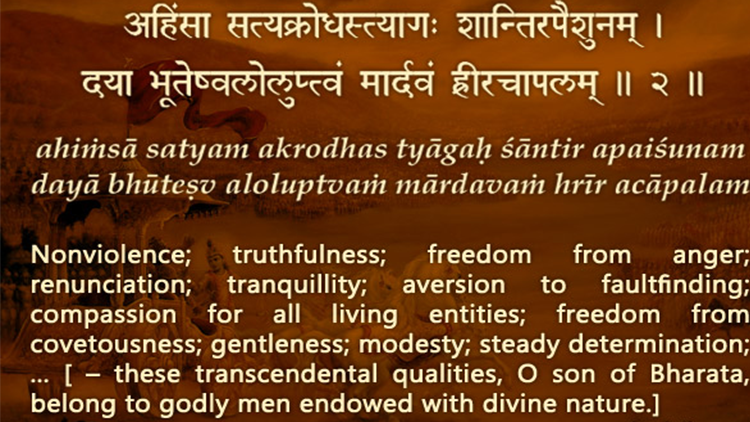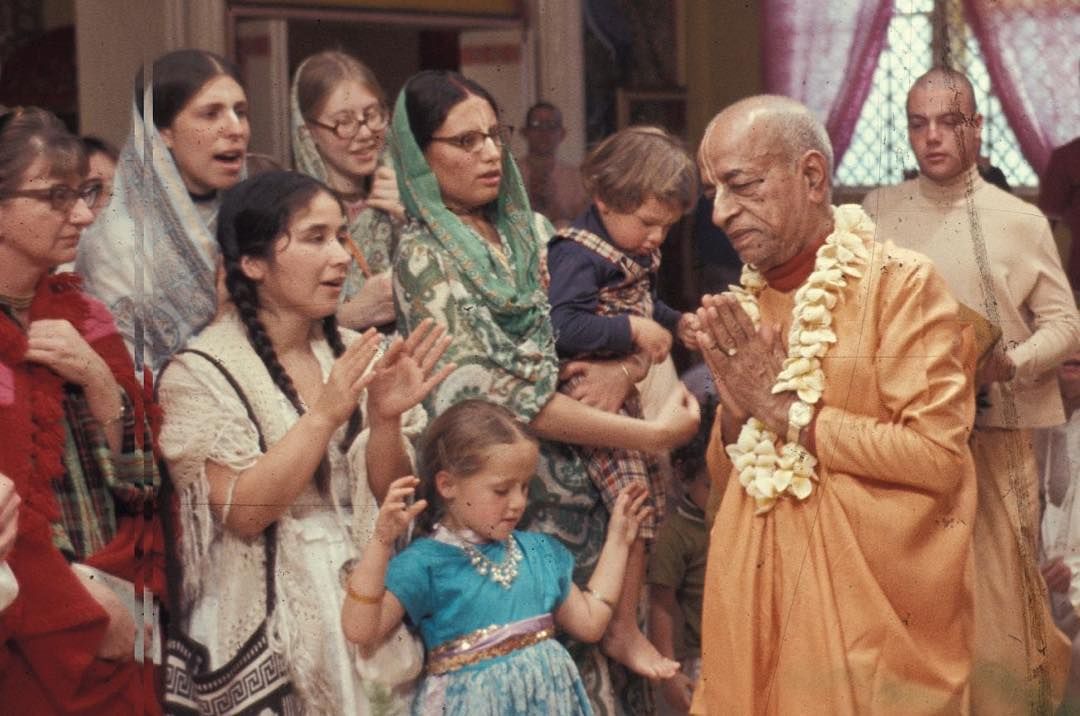How To Hold Others Accountable Without Becoming Judgmental
By Chaitanya Charan Das | May 29, 2020

Suppose police remain silent while a rioting mob lynches hapless victims. For such an alarming dereliction of duty, the police need to be held accountable. The same applies to anyone who takes up a responsible position, whereby they are expected to do certain actions.
Though we need to make judgments when holding people accountable, we needn’t become judgmental. Making judgments is a specific activity associated with a specific person or a specific situation, whereas becoming judgmental is a generic attitude. Therein, we feel entitled to evaluate others’ actions, infer their motivations and affix labels on them.
Being judgmental is ruinous for relationships. All the more so when the judged person has not signed up for any responsibility and the judging person hasn’t been assigned any corresponding responsibility. Thus, if we impose our morality on people and deride them for falling short of that moral standard, then we are being judgmental. Suppose someone grew up in a culture where everyone ate meat and therefore they too eat meat. If we condemn such a person for being a meat-eater, we are being judgmental. In contrast, suppose someone takes the position of teaching others why and how to become vegetarian, but eats non-vegetarian food privately. Then, those they teach have a right to seek accountability from them.
Stressing the need for accountability, the Bhagavad-gita urges leaders to do their duties responsibly so that others can be similarly inspired (03.21). Otherwise, everyone will neglect their duties and society will crumble. Reproaching the judgmental, the Gita states that the godly are averse to fault-finding (16.02).












